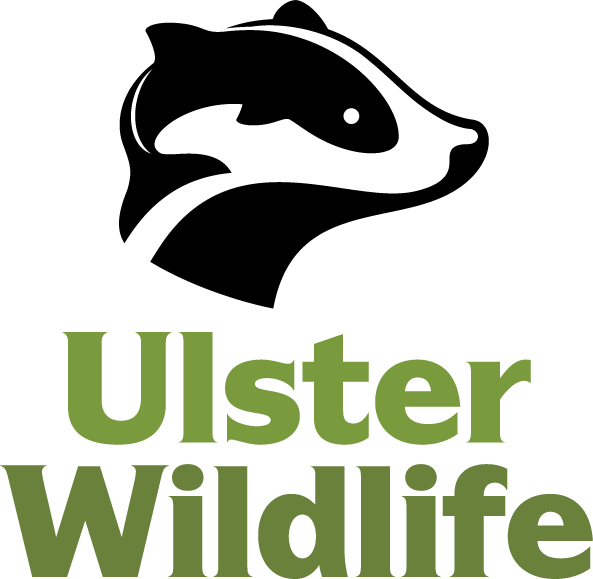
©Dave Riseborough
Horseradish
Horseradish is used as a well-loved condiment. This member of the cabbage family is actually an introduced species in the UK, but causes no harm in the wild.
Scientific name
Armoracia rusticanaWhen to see
January to DecemberSpecies information
Statistics
Height: up to 70cmIntroduced, but naturalised species.
